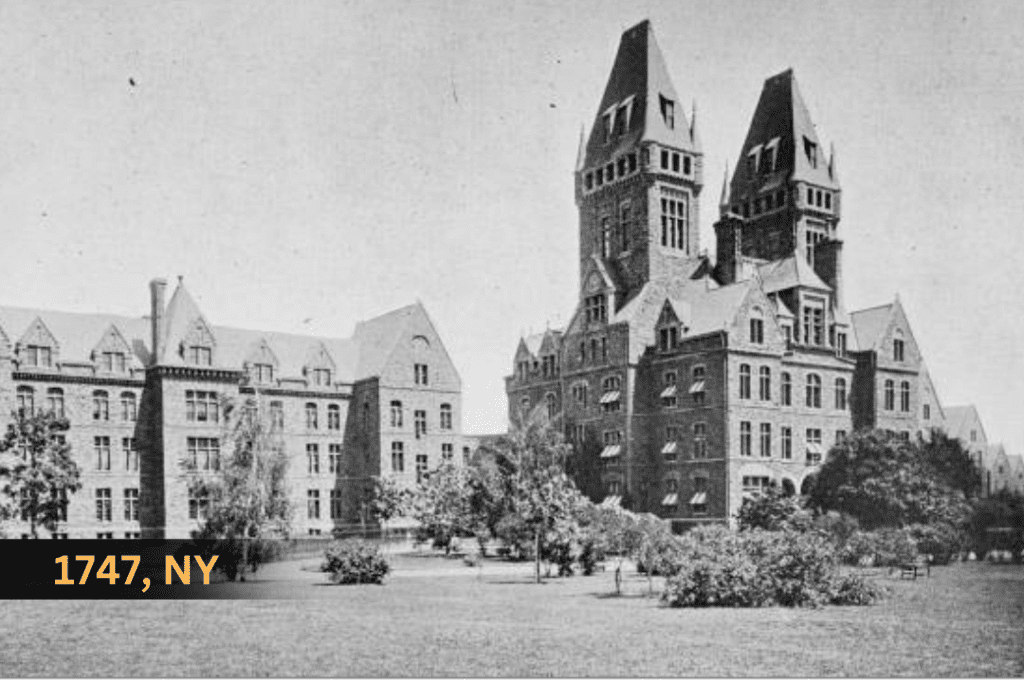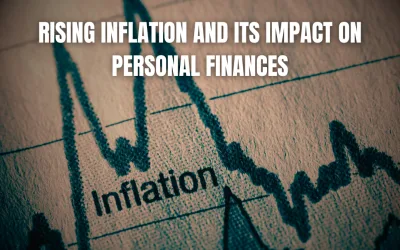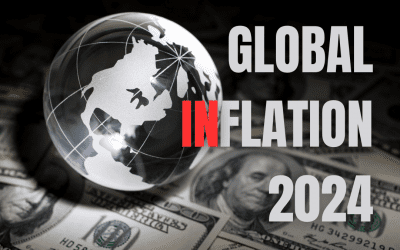Who is William Duer?
William Duer is one of the most crucial personalities in America in the realm of finance. William was a federalist and actively involved in political parties; that’s why he got fine edges for making investment on government securities and lands. His personality was too influential because he had already been through powerful positions. Behind “Panic 1792,” he was the major reason. In this article, we will briefly learn about where he came from, achievements he made through his journey, how he made the panic of 1792 also about his legacy.
William Duer’s early life
William Duer was born on November 6, 1747, in New York. William was from a highly privileged family; his father was a merchant and a landlord. It goes without saying that he had better opportunities in society. He had valuable contacts to grow his career because of his father’s financial power. Also because of his early career, which he built from elite school and college and his father. Even as a child, he was exposed to highly powerful networks in the political as well as business fields, which made his insights stronger.

William Duer’s education and career
Because of his strong financial foundation, William also had a strong educational foundation. At first, he started his education in New York and then pursued education in England. After coming to America, he got involved in many business ventures and political organizations. One of which was the Federalist Party.
William Duer’s contribution to American Revolution
At the time of the American Revolution, Duer was serving as commissioner. He was responsible for managing supplies for the continental army; all these efforts gave him significant recognition and influence.
William Duer’s post-revolution activities
After the Revolution, Duer played a significant role in shaping the American financial skeleton. He also played a significant role in establishing the New York Exchange. Duer promoted too many government securities. Duer also executed Alexander Hamilton’s plan for stabilizing the nation’s economy.
Speculation & financial downfall
Aggressive strategies on speculative investments backfired quite dangerously. Most of his investments in land and government securities were unsustainable. Most of his investment funds came from borrowed funds; he was staggeringly dependent on borrowed funds. He went so deep in the path of leveraging that he not only borrowed from banks but also from brokers, shopkeepers, and street sweepers; he used his hand from anywhere he could get funds, which became the major reason for his downfall. His power allowed him to gain this amount of power; it’s heard that Duer used to own 10 slaves at that
Imprisonment and after life of William Duer
As a result of his bankruptcy, numerous cases were filed against him. Irrespective of his early contribution, he had to be in prison. While all these things were happening, Williams’s health started to deteriorate excessively, and he passed away on February 7, 1799, in New York.

Legacy of William Duer
William Duer was a pioneer in the field of the financial market in America. Many policies were changed because of William Duer’s disaster, which strengthened the foundation of the U.S. economy. Even after all this, William is still depicted as the founding father of the American economy.
Conclusion: William Duer was prominent personalities in terms of indirectly shaping US financial market, After the panic of 1792, many policies in the banking, in stock market, and government financial sector were changed for the better. Not only Duer but many personalities we have seen whose mistakes or intentions made the economy fall, like the example of George Soros, He alone made the bank of England break, just like Thailand’s economy pulled down. In every cycle of economy, we often see people like him who first bring boom, then burst.
Stock market crash of U.S : From Panic 1792 to Covid-19 Crash








0 Comments